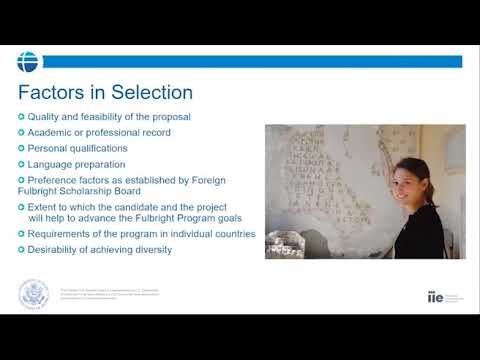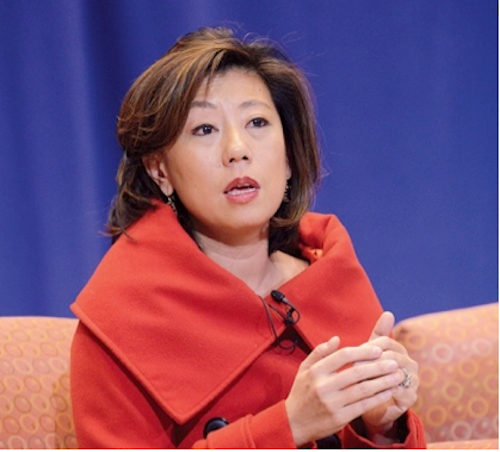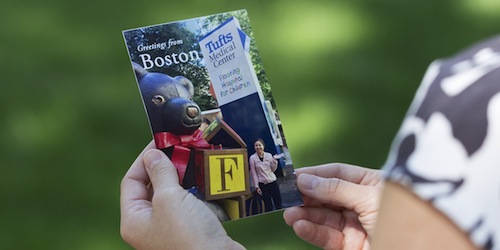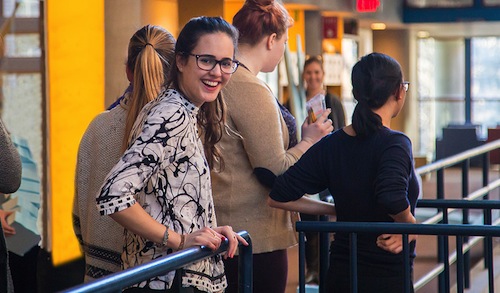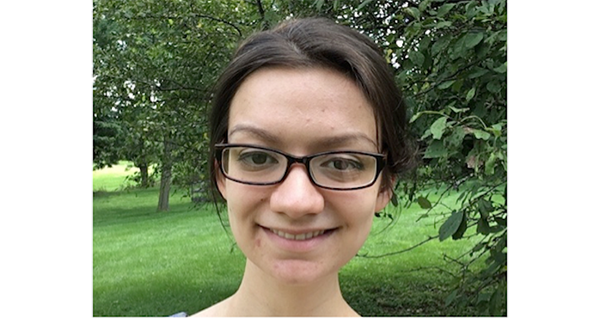Learn About Careers in Life Sciences
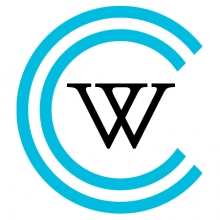
A career in the life sciences can include a broad range of companies, organizations, and foundations concerned with the study of living organisms, including biological sciences, botany, zoology, microbiology, physiology, biochemistry, and a number of related subjects. Employers may include biotechnology & pharmaceutical companies, academic institutions, healthcare organizations, foundations, and federal agencies. Most of the information on this page concerns non-patient facing options but there are opportunities to create career paths that merge patient and non-patient settings.
Business and Operations
Business is a large sector of the global economy in which goods or services are exchanged, generally, for money and profits. Businesses need customers who purchase their goods or services. Additionally, businesses require some form of investment.
Curriculum Design
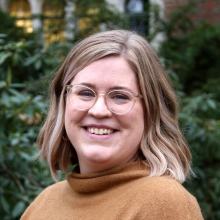
Career paths in curriculum design are wide-ranging, beginning with the variety of terms and job titles you will hear and levels of preparation required (a Bachelor’s degree is required, often a master’s is preferred--or depth of knowledge in the subject). There is often confusion within the occupation surrounding titles. Typically, the role involves development and evaluation of curricular and training materials.
Library Science

Wherever there’s a need for information, there’s a need for a librarian. Libraries have been empowering people by offering resources, services and training to expand their knowledge for thousands of years. According to the American Library Association career resource page there are approximately 400,000 librarians and library workers who bring opportunity every day to the communities they serve.
Science Research

Participating in research experiences as an undergraduate is an excellent way to add depth to your science understanding and actively engage with what you are learning in the classroom. By doing so, you further develop your laboratory, analytical, and problem-solving skills, and you start to build your network with faculty members. Research experiences are valuable components to your resume, and they can make you more competitive for both graduate school and industry opportunities.
"Part of the reason I was able to create this [Notch Partners, LLC] was because I didn’t come from the same background as everybody else, and I don’t see things the same way. Wellesley just equipped me with this idea that you can do anything.”
“Medicine is about studying how life works, but the practice of medicine is also learning about life through other people. I have appreciated the opportunity to experience both this summer.”
“Throughout my four years at Wellesley, I have come to understand that a deeper understanding of China’s role in global issues is crucial to foster cooperation globally.”
Fulbright Program (rising seniors & graduates)

Supports a year (or occasionally more) of study or research abroad in any discipline, or year-long English teaching assistantships (ETAs) abroad in programs designed by the host countries. Eligible are graduating seniors and graduates who are US citizens. Campus application deadline for Wellesley students and graduates typically in August, after an optional draft deadline in July.
“In the past year I’ve spent a lot of time thinking, talking, and journaling about my career, values, and interests. The courage to see if different doors would open for me, to reach out to people and ask for their time and wisdom, was sometimes hard to come by, but my curiosity pushed me to do things that were slightly uncomfortable, and the results were worth it.”



